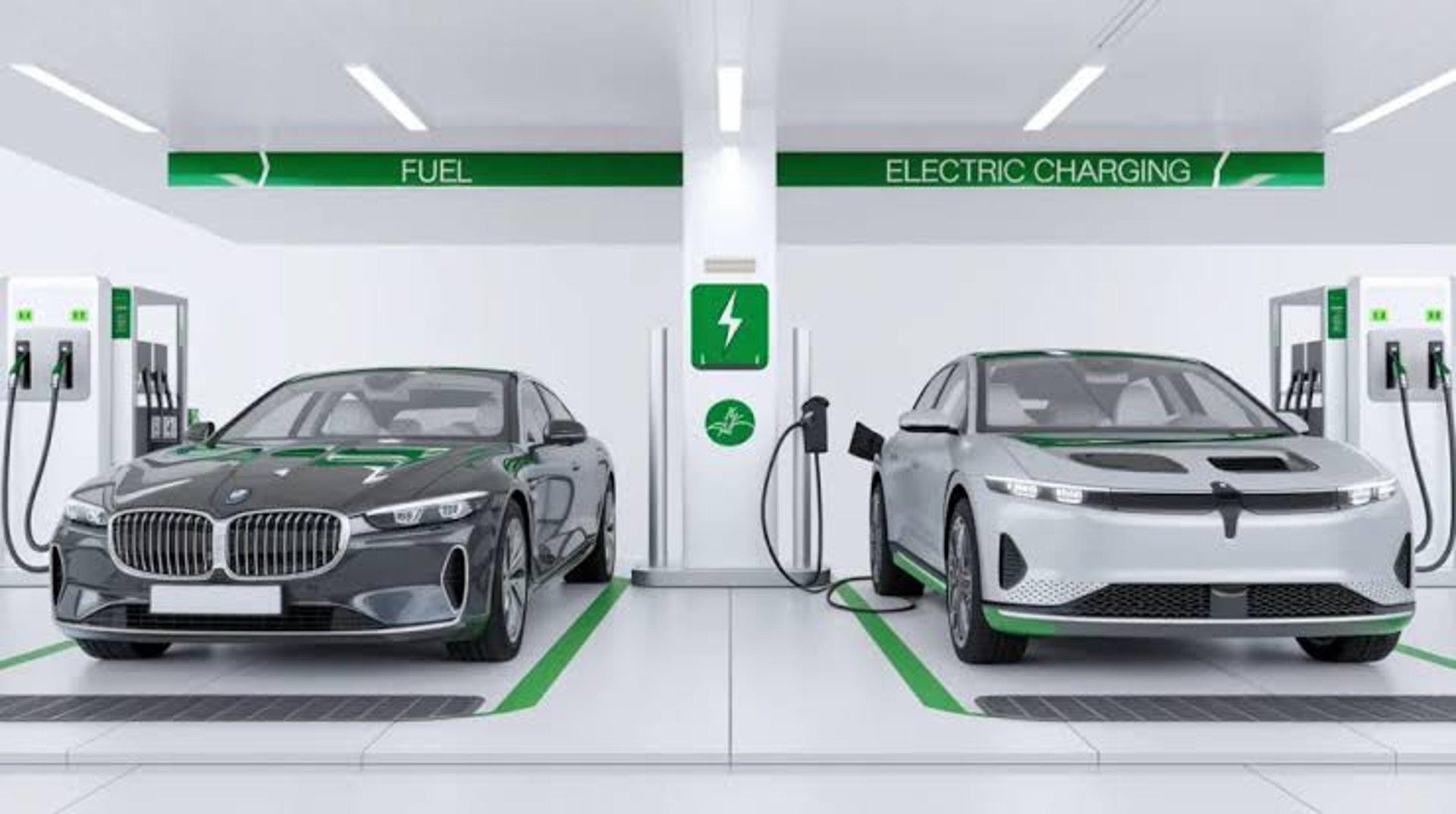
Electric Car vs. Combustion Car: Which is the Better Financial Choice?
3 min read
Introduction
When the time comes to purchase a vehicle, many people face the dilemma: is it more worthwhile to invest in an electric car or stick with the traditional combustion engine car? The answer isn't simple, as it involves a series of factors — from the initial cost to the daily running expenses.
In this article, we will explore in detail the differences between electric cars and combustion engine cars, with a total focus on the financial impact of each choice.
If you're looking for savings, practicality, and sustainability, this content will help you make the best decision for your wallet and your lifestyle.
1. Purchase Price:
Electric Cars Still Cost More
Although prices are falling, electric cars still have a higher initial price compared to combustion engine models.
Electric cars range from approximately $24,000 to $40,000 USD*
Combustion engine cars start from around $14,000 USD*
These are approximate conversions and may vary significantly based on model and region.
The cost of batteries still significantly influences the final price.
However, technological advancements and large-scale production are expected to balance prices in the coming years.
2. Fueling/Charging:
Daily Savings with Electric Cars
This is one of the main points favoring electric cars.
The daily savings on energy are significant:
Combustion engine car: Approximately $0.08 to $0.10 USD per kilometer driven
Electric car: Approximately $0.02 to $0.03 USD per kilometer driven
If you drive 1,000 km (around 620 miles) per month, the savings can exceed $80 USD monthly just on energy.
And it's still possible to pay less by charging the car at home overnight.
3. Maintenance:
Electric Advantage with Fewer Parts
Electric cars require less maintenance because they have fewer moving parts and complex systems.
No oil changes
No exhaust, spark plugs, belts, or traditional gearbox
Less brake wear due to regenerative braking
In practice, the maintenance cost can be up to 50% lower than for combustion engine cars.
4. Resale Value:
Electric Still Depreciates Faster
Despite the savings in usage, electric cars still suffer from more pronounced depreciation, mainly due to three factors:
Market unfamiliarity with the technology
Doubts about battery durability
Limited availability of specialized services
Even so, models from established brands (like BYD and Volvo) are improving their resale value rates.
5. Charging:
Expanding Network
One of the challenges of electric cars is the charging infrastructure — but this is changing:
An increasing number of public charging stations are becoming available
Mobile apps help locate the nearest charging points
It's possible to install a home charger in a house or apartment building.
For those who drive mainly in the city, the availability of charging is often already sufficient for daily use.
6. Taxes and Benefits:
Electric Takes the Lead
Some tax incentives make electric cars more advantageous:
Exemption or reduction of vehicle property tax (IPVA) in some regions (example mentioned was specific to certain Brazilian states)
Exemption from city-wide driving restrictions (rodízio) in some cities
Preferential parking in some locations
These advantages add up to long-term savings and make choosing an electric model easier.
7. Insurance and Financing:
Evaluate Carefully
Electric car insurance can still be more expensive, especially due to the batteries and replacement parts.
On the other hand, financing is becoming more accessible with special lines of credit for sustainable vehicles.
Before closing the deal, simulate and compare options to avoid surprises.
8. Sustainability:
The Green Choice for the Future
Electric cars do not emit pollutants, making them a more sustainable and environmentally friendly choice.
Reduction of CO₂ emissions
Less noise pollution
Incentive for the use of clean energy
If you are concerned about the future of the planet, this is a difficult advantage to ignore.
9. And Hybrid Cars?
An Intermediate Option
Hybrids combine an electric motor with a combustion engine, offering:
More fuel efficiency in urban driving
Greater range on highways
Smoother transition for those not
wanting to rely solely on charging
For many drivers, hybrid cars represent the best of both worlds.
10. Final Comparison:
Electric Car or Combustion Car?
Criterion
Combustion Car
Electric Car
Purchase Price
Cheaper
More expensive
Fueling/Charging
More expensive per km
Much cheaper
Maintenance
Constant
Reduced
Insurance
Generally lower
Slightly higher
Resale Value
Easier
Evolving
Infrastructure
Complete
Growing
Tax Benefits
Few
Several
Sustainability
Polluting
Clean and quiet
Conclusion:
Which is Best for Your Wallet?
If you want to save on fuel, help the environment, and have access to charging, an electric car may be the best long-term choice.
However, if you are looking for a lower initial investment, easier resale, and the ability to travel long distances without charging concerns, a combustion engine car still offers practicality.
Both have advantages — the best choice depends on your usage, routine, and vision for the future.
Did you like the content?
If you are thinking about changing cars, share this article with your friends and leave your comment:
Would you choose an electric car today? Why?

